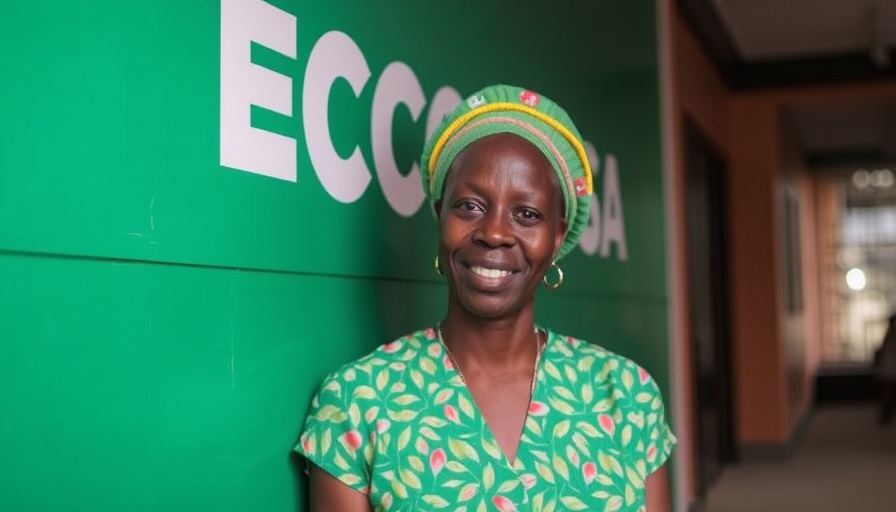
Understanding Rwanda's Decision to Exit ECCAS
Rwanda's recent announcement to withdraw from the Economic Community of Central African States (ECCAS) highlights an important shift in regional diplomatic relations and trade policies. The initial reasons for this exit stem from perceived inefficiencies within ECCAS, which Rwanda asserts have hindered its economic growth and diplomatic aspirations. As both an increasingly influential entity in the African Union and a growing economic force on the global stage, Rwanda is making strategic moves to align its interests more closely with partners that reflect its developmental goals.
Historical Context of Rwanda's Regional Involvement
Rwanda's engagement in ECCAS has been marked by ambition, as the nation sought integration to foster economic partnerships and political stability in Central Africa. However, as the global marketplace evolves, so do the needs of African nations. Rwanda has increasingly recognized the value of focusing on more dynamic partnerships, leading to its critique of ECCAS' operations. Historically, Rwanda has aligned its trade and foreign relations toward regions that better complement its economic agendas, evidenced by its prominent roles in the African Union and closer ties with countries like Kenya and Uganda.
Geopolitical Implications of Rwanda's Exit
As Rwanda forges ahead with its exit, it is vital to consider the broader geopolitical repercussions. The move could signal a shift in power dynamics within the region, challenging the traditional structures of ECCAS and setting a precedent for other member states questioning the effectiveness of regional alliances. This realignment positions Rwanda favorably in its search for accelerators to its vision of becoming a hub for business and innovation in Africa, which may trigger adjustments in how these regional bodies operate and engage their member states moving forward.
Rwanda's Focus on Global Trade and Foreign Relations
Investors and business leaders should take note of how Rwanda prioritizes its global outlook. This decision accompanies a broader strategy focused on enhancing trade relations with more economically advantageous partners, particularly in East Africa and beyond. As Africa’s role in the global economy continues to evolve, it is critical for sectors like technology and digital economy—where Rwanda has made significant strides—to capitalize on international alliances that offer favorable trade policies. Moreover, aligning with partners within frameworks such as the African Continental Free Trade Area (AfCFTA) could enable Rwanda to navigate its economic ambitions while capitalizing on regional advantages.
In conclusion, Rwanda's decision to opt out of ECCAS is emblematic of a larger trend where nations in Africa are re-evaluating their regional partnerships to remain agile in a rapidly changing global economy. Business leaders and policymakers alike must be attentive to these shifts, as they signal significant implications for investment opportunities and regional cooperation.
 Add Row
Add Row  Add
Add 


 Add Row
Add Row  Add
Add 

Write A Comment